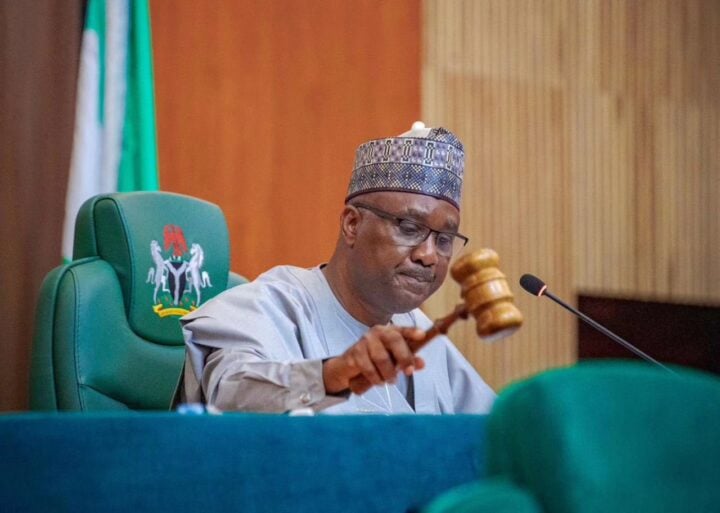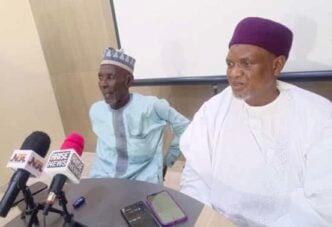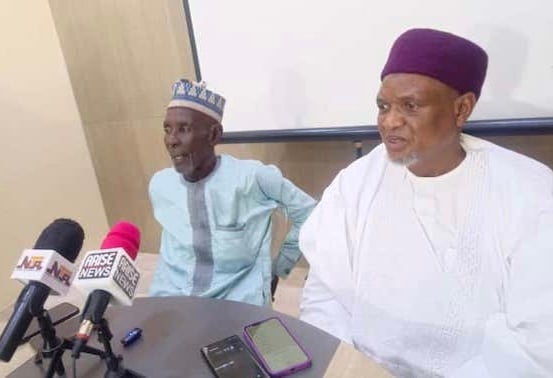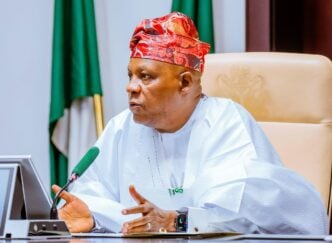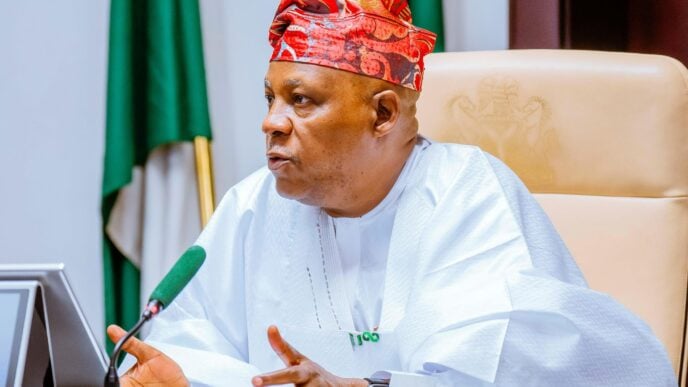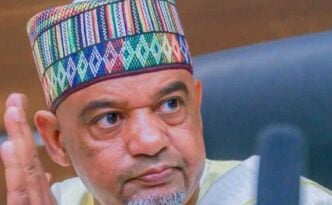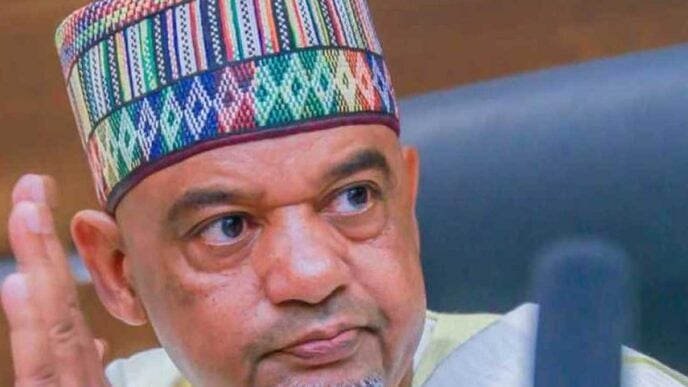Tajudeen Abass, speaker of the house of representatives
The house of representatives has resolved to intervene in the dispute between the federal government and the Academic Staff Union of Universities (ASUU).
During Tuesday’s plenary, the house mandated that Tajudeen Abbas, the speaker, lead a move to facilitate a “mutually acceptable lasting solution to the ongoing dispute.”
The parliament passed the resolution after adopting a motion sponsored by Sesi Whingan, a lawmaker representing the Badagry federal constituency of Lagos.
THE ASUU-FG DISPUTE
Advertisement
On Sunday, ASUU declared a two-week comprehensive strike over dissatisfaction with the federal government’s response to its demands.
The strike, which began on October 13, has crippled academic activities across most of the nation’s federal universities.
Consequently, the federal government ordered federal university vice-chancellors to apply the ‘no work, no pay’ rule against lecturers participating in the strike.
Advertisement
Tunji Alausa, minister of Education, said physical headcounts of staff would be conducted, with compliance reports submitted to the National Universities Commission (NUC) within seven days.
He said the directive would not affect members of the Congress of University Academics (CONUA) and the National Association of Medical and Dental Academics (NAMDA), who are not part of the strike.
Alausa added that the government had met all of ASUU’s demands and described the industrial action as unnecessary.
The Nigeria Labour Congress (NLC) has declared full solidarity with ASUU, describing the strike as a justified response to government negligence.
Advertisement
THE MOTION
Moving the motion, Whingan said the Nigerian university system remains central to national development, innovation, and human-capital growth, and that any disruption in its operations weakens the country’s economic competitiveness, scientific advancement, and youth productivity.
He said repeated strikes in the tertiary sector have led to student dropouts, brain drain, and loss of public confidence, thereby threatening national stability and the realisation of Nigeria’s long-term development goals.
“The lingering impasse between ASUU and the federal government requires renewed dialogue anchored on mutual respect, transparency, and good faith, with the legislature serving as a neutral facilitator in the interest of students and the nation,” he said.
Advertisement
Lawmakers unanimously adopted the motion when it was subjected to a voice vote by Benjamin Kalu, the deputy speaker.
The house then asked the federal government and ASUU to embrace “constructive dialogue and prioritise students’ interests and national development.”
Advertisement
